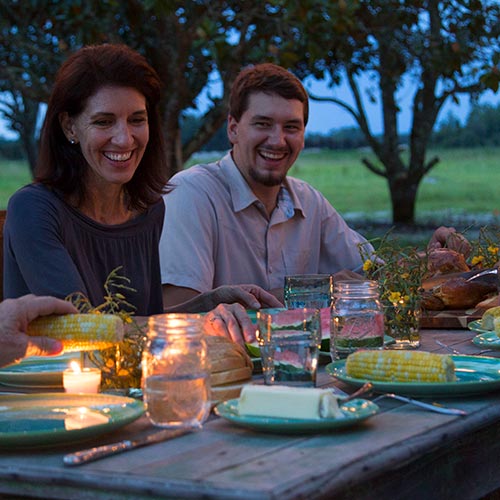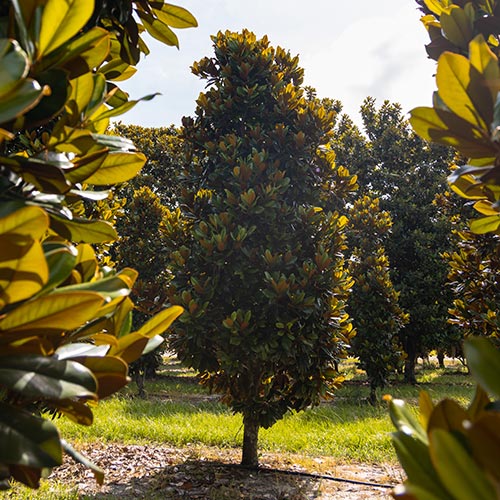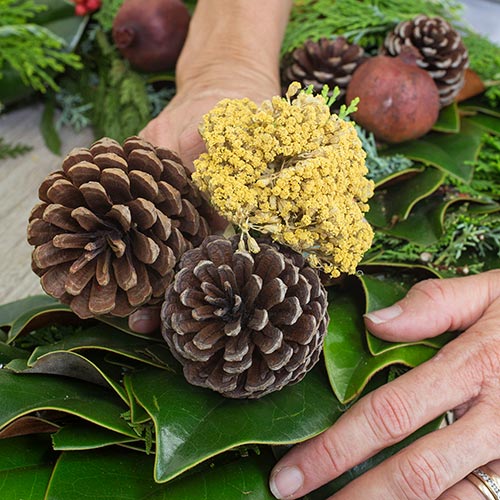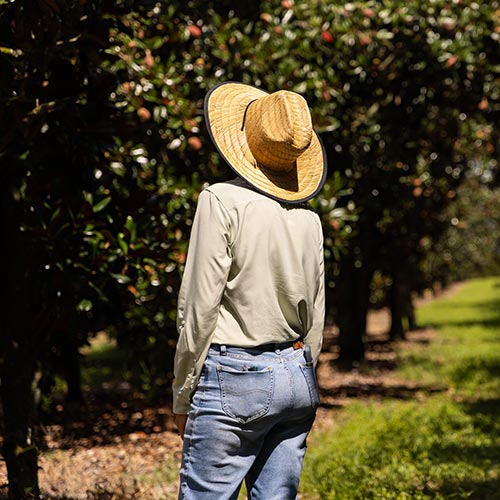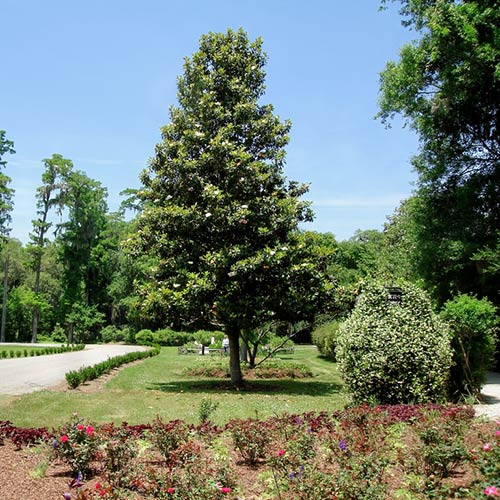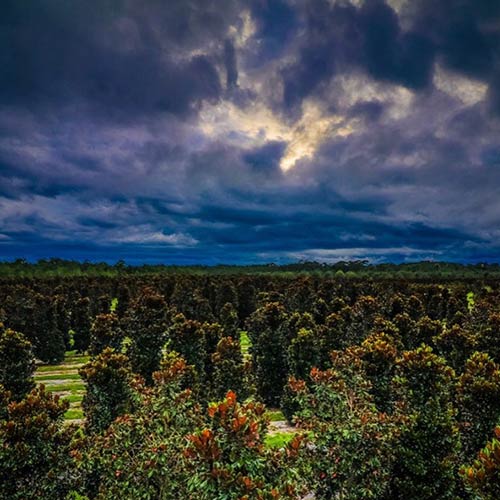Our Spiritual Connection to Trees
September 3rd, 2025
How Nature Heals the Heart and Mind
Step beneath the branches of an old oak, listen to the wind through the leaves, and you might feel it: a sense of peace, or even reverence. Across centuries and continents, people have looked to trees as symbols of life, wisdom, and renewal. Whether or not we name it “spiritual,” something deep within us recognizes that trees connect us to something larger than ourselves.
Modern science demonstrates what ancient cultures already understood: time among trees heals. It lowers stress, restores mental energy, and renews your spirit. But, it also speaks to the heart in ways science can’t fully measure.
Sometimes, words aren’t enough for the monumental feelings we experience in nature. Still, we’ll give it our best shot. Today, we’re diving into our unique relationship with the plant kingdom: the history, the science, and our hearts.
Trees as Symbols Across Cultures
While the meanings differ from place to place, trees have carried profound symbolism throughout human history.
- Life and Renewal: Many cultures see trees as bridges between earth and sky, serving as living reminders of growth, change, and rebirth. The Celtic Tree of Life is a common symbol used to illustrate this idea. Seasons come and go, years pass, tragedies and triumphs happen, and still, the tree continues its cycles of stretching further toward the heavens and deeper into the Earth.
- Wisdom and Strength: Oaks and cedars in particular often symbolize endurance and resilience, standing for generations while civilizations rise and fall. Trees that stand for decades and centuries become places of renown for this reason. When we want to build something that lasts (ships, furniture, homes), we use these hardy trees.
- Connection: Trees are gathering places. Under their shade, people have met, taught, celebrated, and worshipped. Trees offer rest, safety, and resources to all, and they become places where we connect both to nature and each other.
From the Bodhi Tree in India to sacred groves in Celtic Europe, trees have offered humanity a sense of grounding and belonging. Even without rituals or mythology, a walk in the woods can feel like entering a kind of natural cathedral.
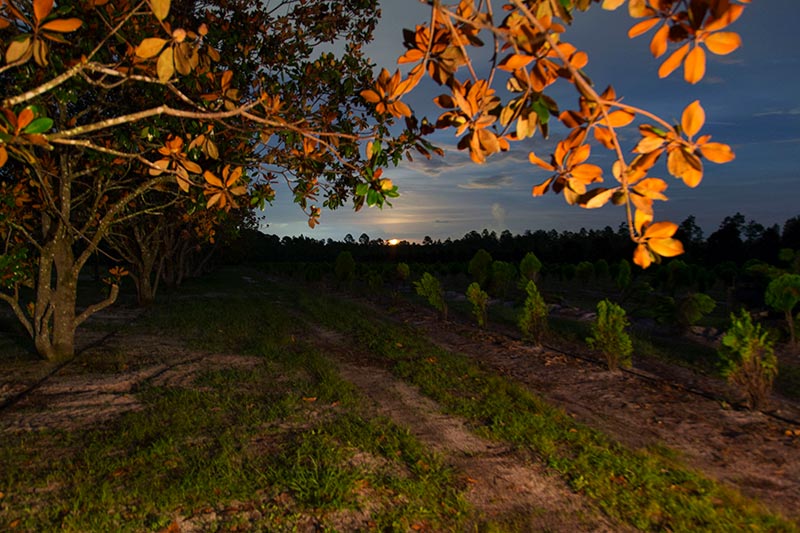
Why Time Among Trees Changes Us
Today, researchers in environmental psychology and medicine confirm what people have long felt intuitively: time spent around trees is good for us.
Studies show that even short periods in green spaces can lower your stress, lift your mood, boost your focus, and improve your health.
Lower Stress & Better Mood
Nature helps regulate your nervous system, which eases anxiety and tension. Our nervous system is an extremely sensitive communication network, and it functions like a highway.
The highway of your nerves transmits signals about your environment, as well as your body’s condition, to your brain and other receptors throughout your body. They tell your brain when you’re safe and when you’re in danger. More input on this highway means your body starts to believe you’re in danger. Less input gets interpreted as safety.
Time in nature helps to reset any “traffic jams” that occur on your highway by reducing the amount of stimuli (or “cars”) that your system has to process. Anxiety and tension build up when there’s too much information around for your body to process.
Basically, there’s less going on in nature than there is in your day to day life, so going into nature is like taking cars off the road. Fewer “cars” = fewer “traffic jams” (information overloads) = clearer nerve roads for your body to send information on.
Reduced anxiety and tension also correlate to lower depression rates and overall better emotional wellbeing.
Boost Your Focus & Creativity
A break among the trees restores attention and mental clarity. Going back to our highway analogy, it’s hard to focus when you’ve got a million things demanding your attention (like your email pinging, or your phone ringing, or your to-do list giving you some serious side-eye). You’re far more likely to be able to do your best thinking and brainstorming when you’re not surrounded by a world that’s begging for your attention. Nature is always there to offer a pressure-free thinking space. Our natural environment is delightfully self-sufficient, so you can kick back and let your awesome brain do what it does best.
Improve Your Health
Time outside supports better immune function and lowers blood pressure. When you’re outside, you’re likely to be moving and away from the stressors of your work day. You walk, you run, you swim, maybe even play sports. All of these activities are great for heart, bone, and muscle health, and they become especially important to maintain as you age. You’re also exposed to sunlight, which helps with the production of Vitamin D (a key vitamin for both your mental health and bone health).
A Note on Forest Bathing
Some countries have even integrated “forest bathing” — a practice of simply spending quiet time among trees — into public health initiatives, recognizing its power to heal and prevent illness. We’ve written on forest bathing before, so feel free to check out that blog for an in-depth discussion!
A Sense of Belonging
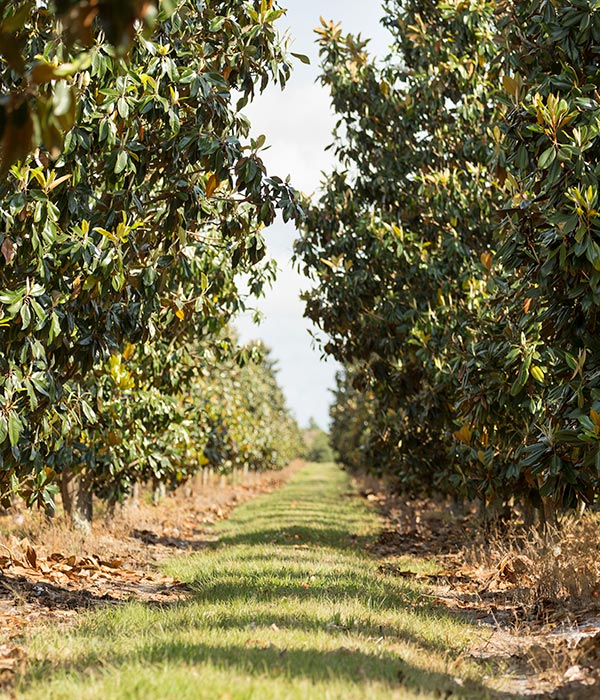
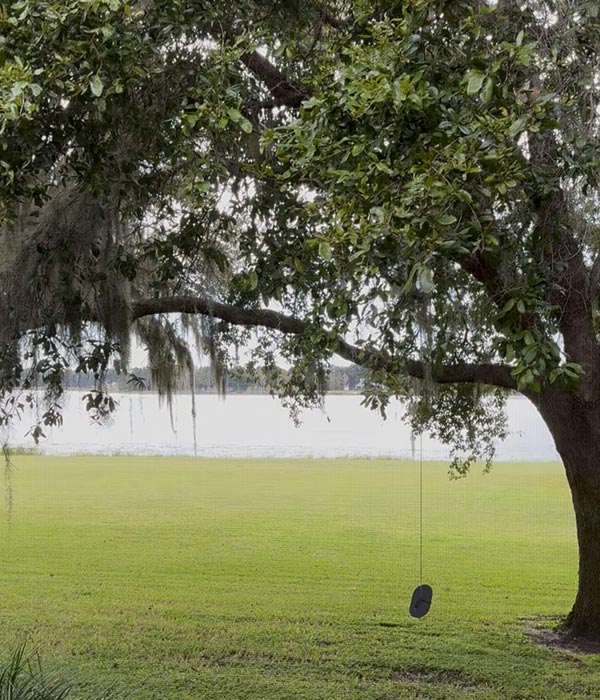
Why does time in nature feel so different from any other form of rest? Maybe it’s because trees live at a pace far slower than our own. They stand through decades and centuries, witnessing change yet rooted in place.
Caring for trees or even houseplants offers a similar gift. As we water, prune, and protect them, we take part in the rhythms of growth and renewal. There’s comfort in knowing that life keeps moving forward, even after seasons of loss or hardship.
Bringing the Lessons Home
Whether we plant a tree in memory of someone we love, spend time walking in a park, or simply sit under the shade of an old oak, trees offer something words rarely capture. They remind us of life’s cycles: growth, loss, renewal, and our place within them.
Perhaps that’s why people around the world across time and culture have looked to trees for meaning. Trees connect the physical and the symbolic, the practical and the spiritual. They generously offer us shade, shelter, beauty, and clean air, and also a sense of peace that reaches deeper than we realize. They invite us to slow down, breathe, and feel connected to the world around us.
In a world that often moves too fast, a walk among trees offers a simple gift: the chance to feel rooted again.
Recent Articles










